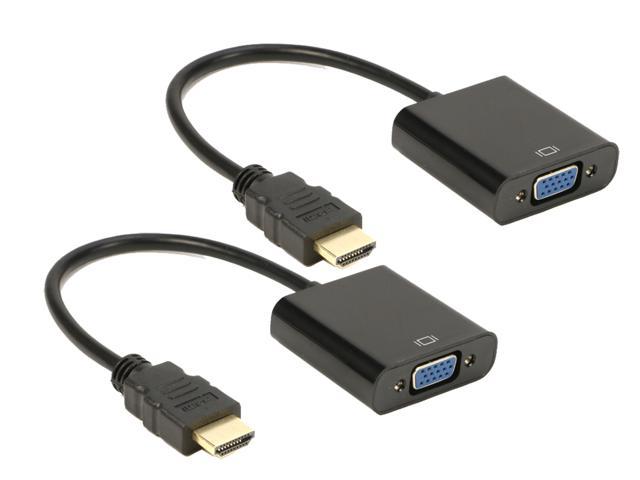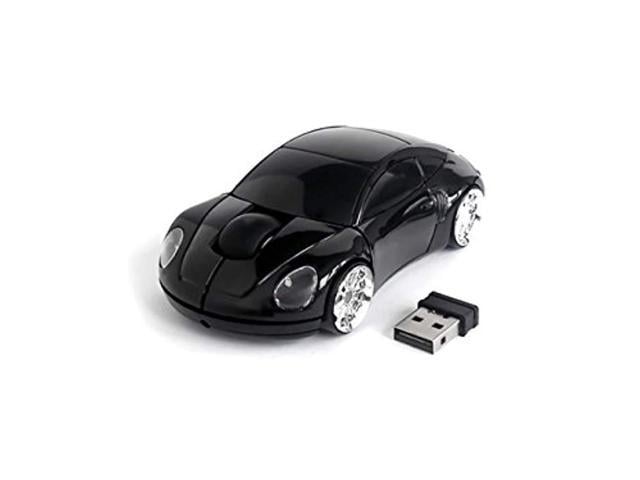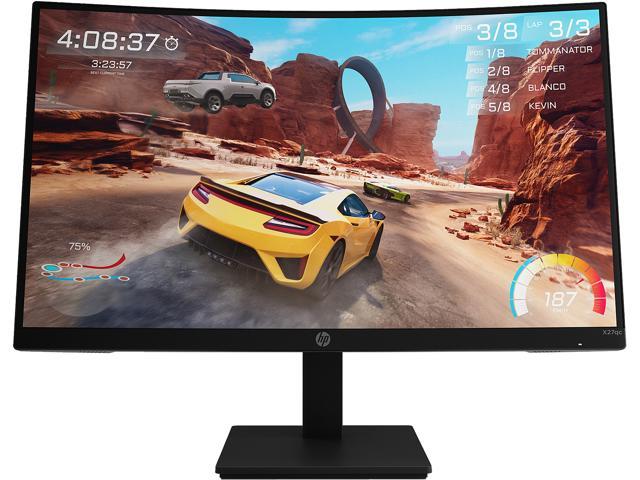With the recent development of new technology and practices in the field of ambulatory EEG (aEEG), the time is right for a practical reference on the application of aEEG in clinical practice. This authoritative guide to prolonged EEG recording outside the hospital or clinic is a valuable resource for anyone involved in long-term EEG monitoring and interpretation. Bridging the gap between routine scalp EEG and in-patient video EEG monitoring, aEEG has evolved to provide cost-effective, high-yield, high-tech recording for evaluation of epilepsy diagnoses, nonepileptic attacks, quantification of seizures or epileptiform burden, and other issues requiring extended EEG observation for paroxysmal neurological events in any environment.
Bringing together top experts from leading epilepsy centers, the book covers equipment, technical aspects of recording, instrumentation and polygraphic event monitoring, artifacts, clinical use in adult and pediatric patients, sleep recording, short-term and chronic ambulatory EEG, and reimbursement. The concluding chapter offers representative case presentations with relevant findings to further enhance the reader’s understanding and implementation of key concepts.
This “start to stop” survey of current applications is essential reading for a wide range of clinicians practicing in the field of clinical neurophysiology and epilepsy management, whether seasoned or in training.
Key Features:
- Fills the void of when and how to use aEEG in evaluating patients with paroxysmal neurological events and epilepsy
- Incorporates aEEG into clinical management at all stages of diagnosis and treatment
- Contains numerous aEEG illustrations and graphics to emphasize key points
- Includes a chapter on common artifacts that can complicate the interpretation of an aEEG
- Details the evolving use of chronic intracranial aEEG and wearable devices
- Illustrative case studies provide pearls and reinforce best practices in aEEG monitoring















